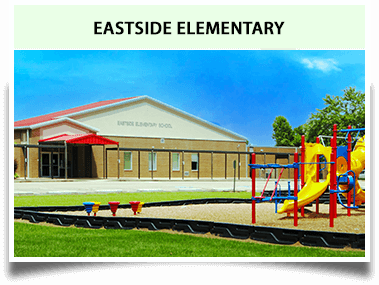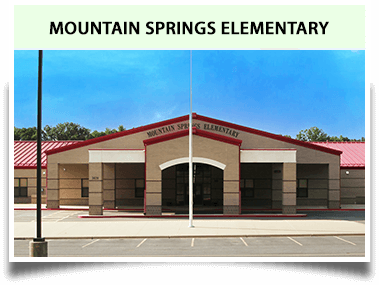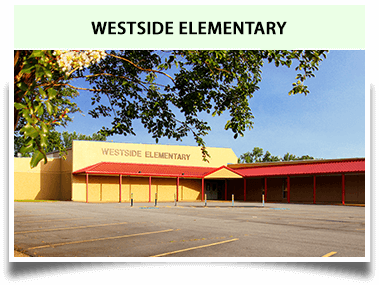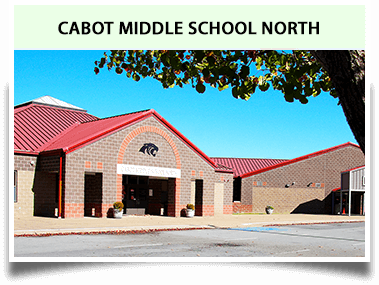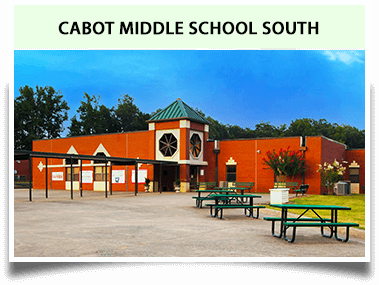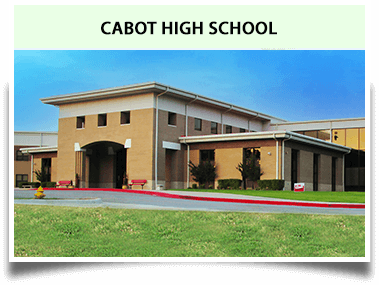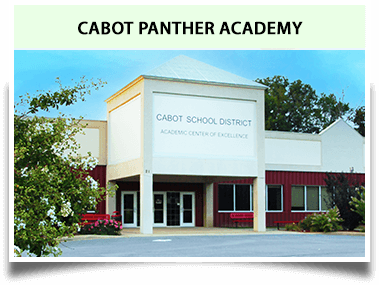Categorical Funds
Alternative Learning Environment
An alternative learning environment is a student intervention program that seeks to eliminate traditional barriers to learning for students. Every school district must establish an alternative learning environment that affords its student an environment conducive to learning. An alternative class or school should provide for:
-
Student assessment either before or upon entry into the class or school
-
Intervention services: which means activities within or outside that will eliminate traditional barriers to learning and that are designed to address the specific educational needs of individual students
A student assigned to an alternative class or school for behavioral reasons must receive intervention services designed to address the student’s behavioral problems. Such intervention services shall not be punitive in nature but must be designed for long-term improvement of the student’s ability to control his or her behavior.
The rules of the State Board of Education specify not only which alternative learning environment programs qualify for funding, but also the characteristics of students who quality for funding because they have been placed in an alternative learning environment program.
Cabot’s Alternative Learning Environment
The Alternative Learning Environment (ALE) provides non-traditional services for at-risk students. ALE is a short-term educational opportunity for students who have been withdrawn from his/her home campus as a result of serious violations of school policy, academic risk factors, and other reasons deemed appropriate by the ALE placement committee. ALE students are required to work in core classes and attend bi-weekly counseling sessions focusing on social skills. The mission of ALE is to provide individualized programs outside of a standard classroom setting in which students learn the skills necessary to redirect their lives.
English as a Second Language
Director: Aaron Randolph | ESL Coordinator: Karyna Carbone
English Learner Program Website
English Language Learners (ELLs)
English language learners are students identified by the State Board of Education as not proficient in the English language based upon the English Language Development Assessment (ELDA). ELDA is a federally-mandated English proficiency test that is administered yearly in the spring. The assessment measures listening comprehension, oral language development, and reading and writing proficiency.
Cabot’s ESL Program
English as a second language (ESL) is instruction for students who do not speak English or do not understand English well enough to succeed in the regular classroom without additional support. Our district currently has 146 ELLs in Pre-K through 12th. We have a great diversity of children from across the world, giving our district a total of 13 languages spoken. These languages are: Spanish, Thai, Japanese, Mandarin, Vietnamese, Chinese, Russian, Urdu, Arabic, Gujarati, Cambodian, Punjabi, Korean, and Tagalog. Our students come from over 21 countries: Spain, Mexico, China, Costa Rica, Cambodia, India, Philippines, Vietnam, Thailand, Russia, Taiwan, Honduras, Puerto Rico, El Salvador, Nicaragua, Colombia, Pakistan, Israel, Japan, Guatemala and Bolivia.
Three certified ELL Specialists and three ELL paraprofessionals provide instruction to assist these students. They aid the students in acquiring basic communication skills and academic language proficiency in order to ensure success in school and proficiency in the English language.
The ESL Department stays current on scientifically based research pertaining to ELLs by attending local, state and national conferences. Whenever possible, we include regular classroom teachers allowing them the opportunity to learn firsthand methodology and techniques to use in their classroom with ELLs.
Enrollment at the International Academy
This is our twelfth year to have our International Academy at Westside Elementary. Any K-4 student that is of limited English proficiency is offered the opportunity to be enrolled at Westside Elementary so that they may have access to an ELL teacher and paraprofessional. In order to ensure their success in school, the ELL teacher and paraprofessional provide English Language Development through interventions and Push-in ELL by providing support to the ELL classroom teacher.
Exiting ESL
When a student is exited from the program, he or she is placed on Monitor Status for two years to ensure he or she is ready to work on his or her own. Students are allowed to exit the ESL program when they meet criteria as mandated by the state of Arkansas, which includes:
-
Fluent English Proficiency based on approved language proficiency test (ELPA21). The student must score a Composite Score of 5.
-
Performance of a C or above on all subjects
-
Performance of 40th percentile or above on standardized achievement tests
-
Informal assessment suggesting that the student is proficient in the use of the English Language and has the ability to be academically successful (Language Assessment Scales)
-
Student moves to another district or state
-
Parents decide they do not want ESL services
-
Other reasons pending a case by case assessment
Karyna Cintrón-Carbone
ELL Coordinator
(501) 843-2035
(501) 743-3566 Office
karyna.carbone@cps.k12.ar.us
Candice Castillo
ELL Teacher
(501) 843-3562
Lina Osorio
ELL Teacher
(501) 743-3573
JoEllen Wooley
ELL Paraprofessional
(501) 743-3566
Jacki Hamilton
ELL Paraprofessional
(501) 743-3566
Cynnamon Brown
ELL Paraprofessional
(501) 743-3571
National School Lunch Act (NSLA)
National School Lunch state categorical funding is based on the number of students from low socioeconomic backgrounds as indicated by eligibility for free or reduced-price meals as determined on October 1st of the previous school year. NSLA funds should be expended for eligible programs or purposes that are research-based and aligned to the Arkansas Content Standards of improving instruction and increasing achievement of students at risk of not meeting challenging academic standards. These programs or purposes include, but are not limited to:
-
Providing research-based before and after-school academic programs, including transportation to and from the programs
-
Providing research-based pre-kindergarten programs that meet the program standards as outlined in the Rules Governing the Arkansas Better Chance program
-
Tutors, teacher’s aides, counselors, social workers, instructional coaches (math, science, literacy), nurses, and curriculum specialists
-
Parent education
-
Summer programs
-
Early intervention programs
-
Materials, supplies, and equipment, including technology, used in approved instructional programs or for approved purposes.
During the 2014 – 2015 school year NSLA Funds were expended on the following:
-
Salaries and benefits for appropriate school district employees
-
ELO programs – both after school and summer programs for any students at risk of not meeting challenging academic standards
-
Professional Development for district faculty and staff
-
Classroom technology
-
School Resource Officer
For the 2015 – 2016 school year NSLA funds will be expended on the following:
-
Salaries and benefits for appropriate school district employees
-
ELO programs – both after school and summer programs for any students at risk of not meeting challenging academic standards
-
Professional Development for district faculty and staff
-
Classroom technology
-
School Resource Officer
Professional Development
Professional development is a coordinated set of planned learning activities for teachers and administrators. These activities are research based and are designed to improve teaching and learning. Professional development facilitates individual, school-wide, and system-wide improvements with an ultimate goal of establishing the best learning environment for all students. Since 2004, each district is required to prepare a professional development plan for their district and for their teachers yearly.
Teachers and administrators are required to participate in sixty (60) hours of professional development training each year. Of these sixty (60) hours, an educator submits thirty six (36) hours to maintain a professional teaching license. Within the licensure hours, an educator must document eighteen (18) hours for a professional growth goal as part of the teacher evaluation system. Each year, the Arkansas Department of Education specifies courses to be included in the professional growth goal. Professional development training may consist of workshops, conferences, institutes, individual learning, mentoring, study groups, National Board preparation, distance learning and college/university course work.













.jpg)



